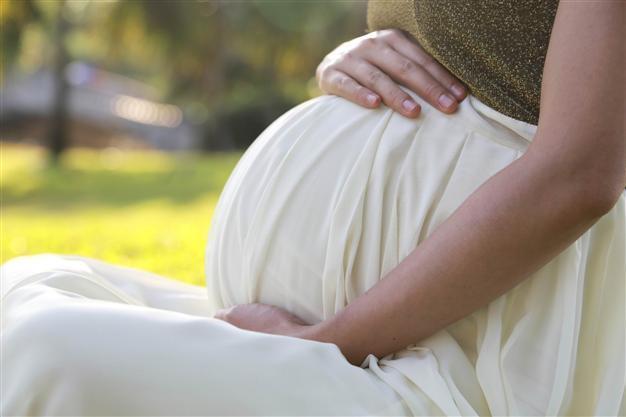Turkey’s top religious body says surrogate motherhood contains adultery elements, is not acceptable
ISTANBUL – Doğan News Agency

Turkey’s top religious affairs body has said surrogate motherhood was religiously unacceptable, as it contained elements of adultery.
The Directorate of Religious Affairs (Diyanet) announced on March 20 in vitro fertilization between unmarried individuals was not religiously acceptable, as it offended humane feelings and contained elements of adultery.
In an answer to a question on whether or not in vitro fertilization was licit to have babies, Diyanet’s Religious High Council’s platform, established to answer questions regarding Islam and the Islamic way of living, said as long as the sperm and the ovum to be fertilized belong to a married couple and the fertilized ovum is placed inside the ovum’s beholder’s womb, and “not inside a stranger’s womb,” then the in vitro fertilization method of bearing a child was religiously acceptable.
“An in vitro fertilization process that starts and finalizes between individuals who are not de facto married is religiously not acceptable as it offends humane feelings and contains elements of adultery,” read a part of the statement.
The statement added as long as it was medically proven the in vitro fertilization process would not have a negative effect, spiritually or mentally, on the mother, father and to-be-born child, then it was acceptable to use this method to have a child.
In another answer to a question on whether it was allowable to use alcohol in cleaning, Diyanet stated it was okay for substances produced for cleaning and containing alcohol to be used for cleaning purposes, while stressing that drinking alcohol was forbidden by the Islamic religion.
“If [substances containing alcohol] flow onto a dress and the body, they have to be washed … or they cannot perform a prayer. While it is forbidden to drink substances containing alcohol that were produced for cleaning purposes, it is acceptable to use them for cleaning. Therefore, the places which were cleaned with such substances need not be washed before performing a prayer,” read a part of Diyanet’s answer.
 Turkey’s top religious affairs body has said surrogate motherhood was religiously unacceptable, as it contained elements of adultery.
Turkey’s top religious affairs body has said surrogate motherhood was religiously unacceptable, as it contained elements of adultery.